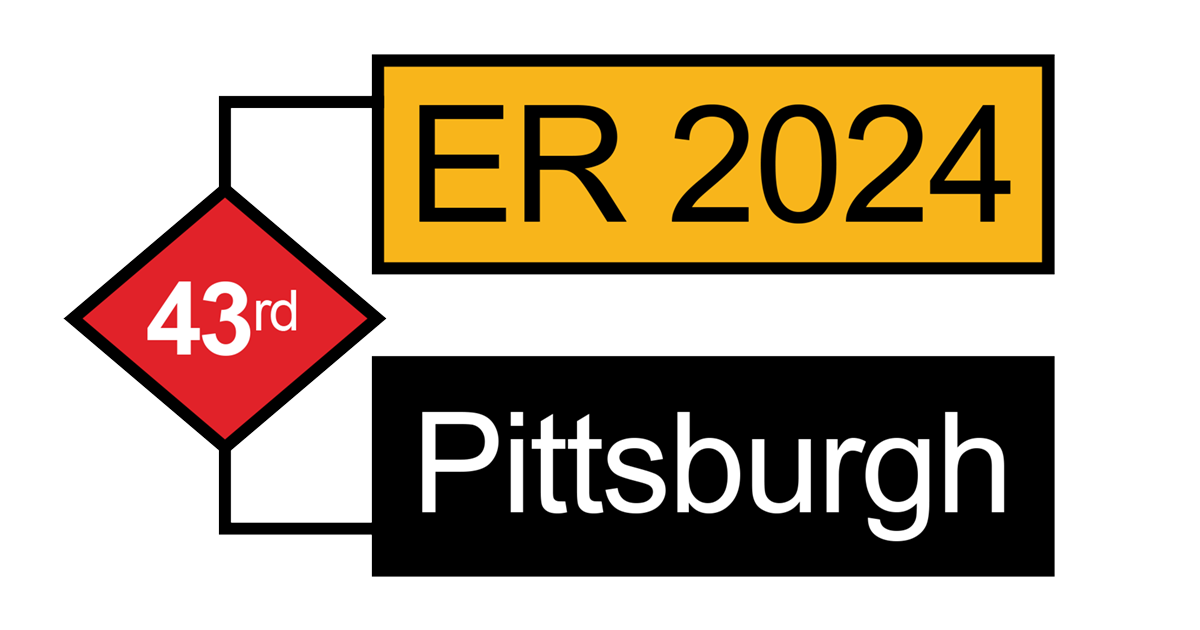ER 2024 Program
Download a PDF of the schedule or view it below. You can also download the Sched app from your app store to create your personal ER 2024 schedule! Use the Sched app to browse through the program, bookmark the sessions you’d like to attend, and sync them to your phone or calendar. All times are subject to change.
View the program for the 43rd International Conference on Conceptual Modeling (ER 2024).
About Pittsburgh
What is Pittsburgh like?
Pittsburgh is made up of 90 diverse and vibrant neighborhoods that make our region a major travel destination to discover and celebrate. Historically known as a melting pot of cultures and lifestyles, Pittsburgh was settled by hard-working immigrants that give each neighborhood a unique voice. CMU and the SEI sit in the middle of our Oakland neighborhood, bordered by the University of Pittsburgh and several other universities. Oakland is a short hop from downtown, Squirrel Hill, Shadyside, and Bloomfield neighborhoods, each featuring a variety of nightlife, restaurant, and entertainment options.
Pittsburgh Weather
In late October/early November, the weather temperature ranges between 7ºC and 17ºC (46-63 ºF) on average. The sun rises by 07:43 and sets by 17:05. To learn more, check out Visit Pittsburgh.

